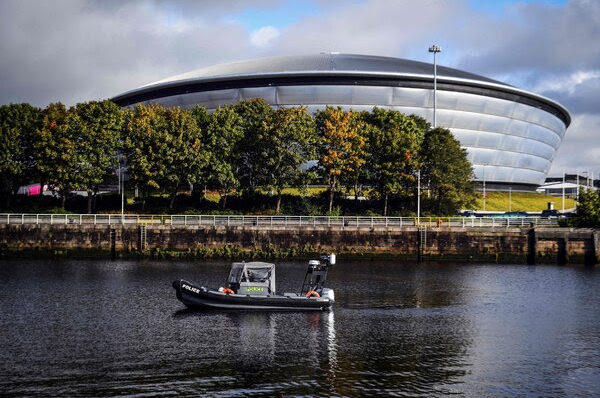Organizing a huge international climate summit is always difficult. Holding one in the midst of a global pandemic is an even bigger challenge. As I reported this week with my colleague Somini Sengupta, that’s exactly what’s happening in less than a month. Starting on Oct. 31, about 20,000 people from all over the world are expected to gather in Glasgow for United Nations climate talks.
But as the coronavirus pandemic drags on with new variants, people from some of the most vulnerable countries in the world still don’t have access to vaccines. That means U.N. officials and the British government are still struggling to ensure a safe two-week conference.
Here are some key points about safety measures for the meeting, the 26th United Nations Climate Change Conference of the Parties, or COP26.
Delegates are not required to be vaccinated. The United Nations does not require it and British officials have said there is no way to validate vaccine cards. The British government has promised to help get a vaccine for any delegate who wants one. Anyone attending COP26 will be required to show a daily negative Covid-19 test. The tests will be provided, but organizers are not yet sure how they will be distributed. Those coming from countries that Britain has placed on its “red list” because of high infection rates must quarantine upon arrival for either five or 10 days, depending on vaccination status.
The difficulties have caused some to question whether these huge in-person conferences are really better than online meetings. Richard J.T. Klein, a senior research fellow at the Stockholm Environment Institute, said it’s a question worth considering, even after the pandemic ends.
“Even if we all can meet again in person,” he said, “I think a question that we should ask ourselves is, ‘Do we want to meet again with 30,000 people in one place?’”
By Lisa Friedman

